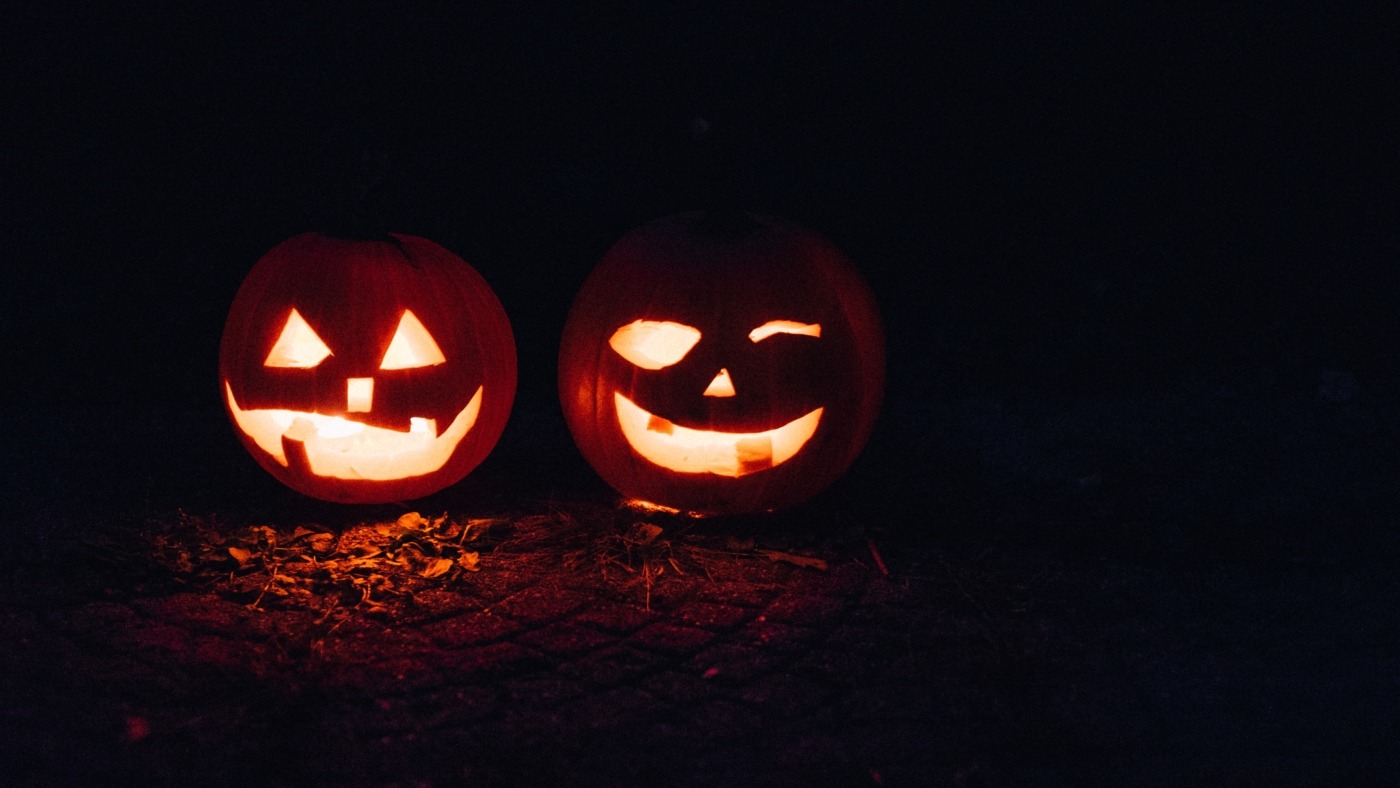Why Halloween must be considered the best holiday
As the famous saying goes, ‘it’s always Halloween in my soul’. I love Halloween, and have been known to begin preparing costumes (it’s important to have multiple options for each event) at the beginning of Summer. If anyone dares mention the ‘C-word’ before the 31st of October, I become volatile, almost as bad as when I see unnecessarily early stocks of mince pies and chocolate selections on sale in the supermarkets. I couldn’t imagine how, but if Halloween isn’t your holiday of choice, there are a few things you ought to consider before you write the whole day off as American rubbish.
Where Halloween comes from is often lost in confusion and a lot of controversy surrounds its origins. I am a pagan, and niche as it may be, there are multiple ways in which I see my own practices ‘borrowed’, or modified into today’s world. Arguably the most significant of which is the transition of Samhain (pronounced differently in many cultures, but commonly as sow-win) to Halloween and All Saints day. It is a marker of the dark days of the year as it falls right between the Autumn Equinox and The Winter Solstice. It signifies the end of the harvest, and is a time to celebrate and honour those living, dead and fantastical, without the gore and horror of modern celebrations. It is essentially a peaceful, if not a little crazy, time of year.
Costumed gatherings and tricks ‘by the fairies’ found their way into American lives, and with the boom of capitalism, Hallows Eve became the sickly sweet and spooky Halloween of today
Traditionally Samhain was a three-day feasting and fire festival to bring communities and tribes together to stockpile goods and give thanks for the years bounty. Each family took back a flame to their own hearth to represent the cycle of life and to gain good luck for the darker, colder months until the Yule log was lit. Typically this was a compulsory feasting event, and all forms of weaponry and violence were banned.
Since Samhain falls directly between the Equinox and The Winter Solstice, the belief was that during this period, the point in which the veil between our world and the spirit world was at its thinnest, meaning the spirits of loved ones or mischievous creatures were able to emerge and mingle with the celebrating crowds. The Samhain feast through time, therefore, took on the habits of a ‘dumb supper’. Windows would be opened and a great meal cooked, a prayer would invite loved ones back into the house and to enjoy the food as a sign of respect and remembrance. Children would play games with the dead whilst adults told the departed stories of the year. Scraps and leftovers were left outside the house as an offering to the fairies and other spirits to keep their mischievous habits at bay. Costumes of these creatures and other monsters became a habit also to protect revellers traveling from household to household, and carved turnips (which later became pumpkins due to Irish influence) were also transported as protective decoration.
So, before you dismiss the Warwick SU Halloween Ball this year, remember where it all came from
With the rise of Christianity, many religious leaders sought to Christianise and replace Samhain, and branded it as devil worship. Pope Gregory IX declared the replacement of the festival with All Saints and All Souls Day, but the practices never completely died out. In the 19th century, with the immigration of many Irish men and Women to America, the traditional practise started to gain popularity again. Costumed gatherings and tricks ‘by the fairies’ found their way into American lives, and with the boom of capitalism, Hallows Eve became the sickly sweet and spooky Halloween of today.
So, before you dismiss the Warwick SU Halloween Ball this year, remember where it all came from. Go out with your friends, remember those who have passed on, and leave a little sweet treat out for the spirits, or anyone who fancies a snack!

Comments